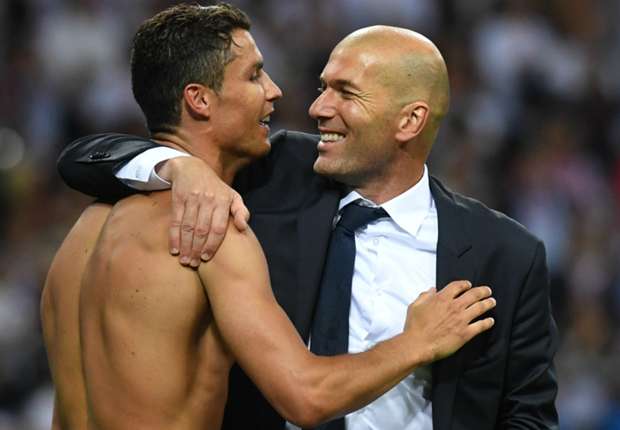
Europe's best clubs are overwhelmingly likely to drop
proposals for a Super League with an announcement on the Champions
League future expected soon
The draw for the group stage of the 2016-17 UEFA Champions League takes place in Monaco on Thursday, but there won’t be many more editions of the tournament in its current format. Fans – and crucially clubs – appear weary at the way the competition is run and changes in the short term should ensure more excitement for viewers and more cash for clubs. UEFA – which faced down the threat of Europe’s most popular clubs breaking away to form a Super League earlier this year – looks to have kept those teams under its control, even if it has had to make big concessions.
Talks between clubs – members of the hugely influential European Clubs Association – and the governing body are likely then to lead to a compromise on the composition of the Champions League through its next tournament cycle covering the period 2018–2021. The ECA is holding a board meeting in Monaco today, with new competition formats on the agenda while UEFA's Competition Committee is also due to meet ahead of the main draw. A compromise will preserve European competition – for three more seasons at least – until the next round of negotiations comes along.
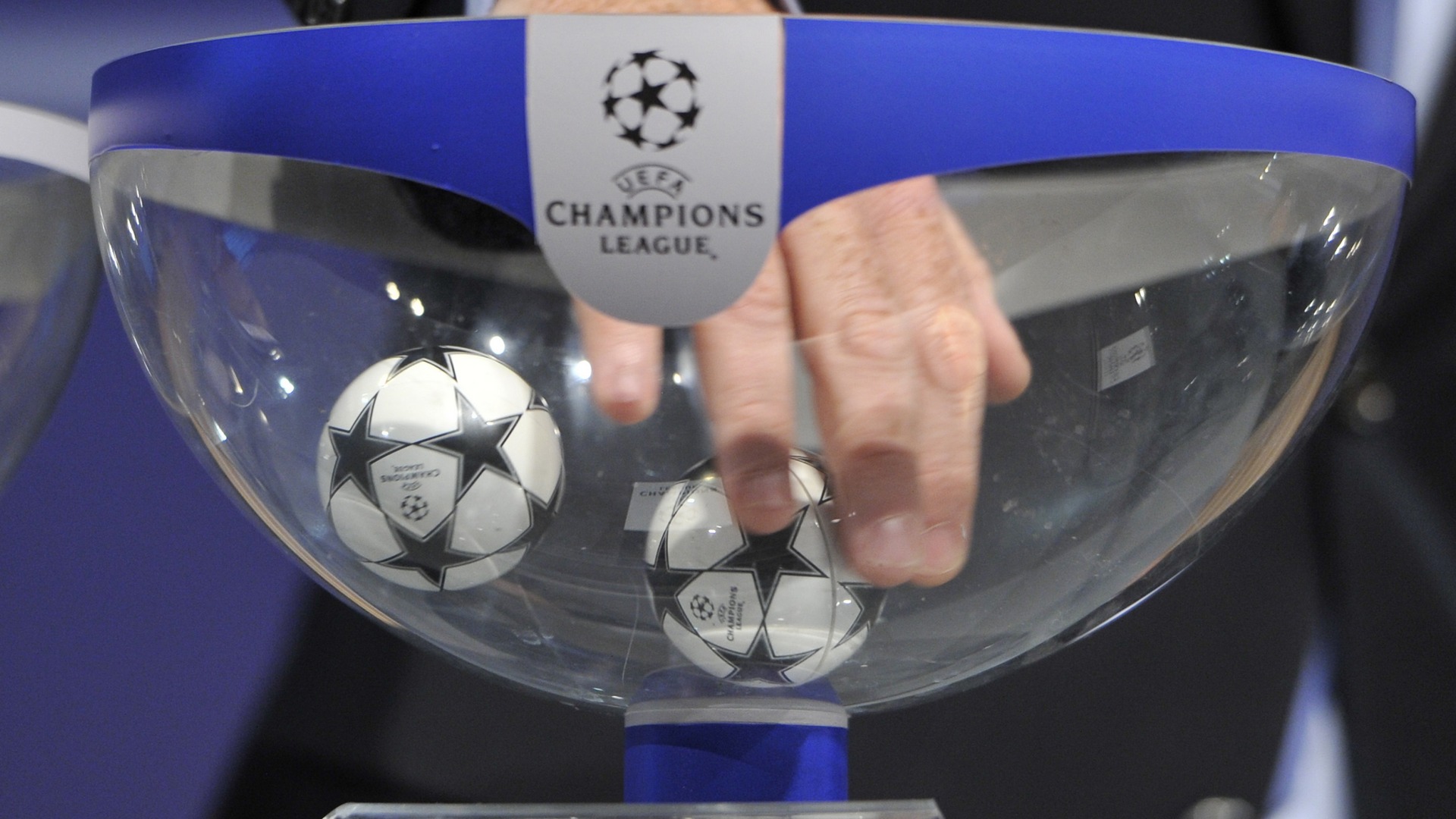
The exact make-up of the new Champions League has yet to be confirmed – UEFA will make an announcement on Friday – but it is likely that clubs from Europe’s four biggest domestic leagues will be guaranteed more entrants to the new Champions League group stage. UEFA declined to comment on this proposal.
The threats given by Karl-Heinz Rummenigge – the Bayern Munich chief executive who also serves as ECA chairman – and his cohorts earlier on in 2016 led to fears that the landscape of European football was about to change forever. Envious of the riches offered in the English Premier League since the signing of a new broadcast deal, Europe’s top clubs took a strong stance and suggested that they would be willing to face a future outside UEFA.
The ECA and its participant clubs look to competitions like the NFL and its $5bn-per-season broadcast contract and believe football’s flagship club competition should be bringing in more money to the clubs. There is a fair point to be made there. UEFA's broadcast revenues to the clubs are increasing but not quick enough and certainly not commensurately with the game’s popularity across the world. Real Madrid are estimated to have earned around €94m for winning the Champions League last season. From this season onwards, the team finishing bottom of the Premier League earns around €125m.
A new competition – with Europe’s top clubs setting the rules and selling the rights – would have killed not only the Champions League and the Europa League but would have greatly diminished the appeal of domestic leagues around the continent. It would have ended football as we know it.
The International Champions Cup (ICC) – staged every summer across the globe – gave a hint of what a new kind of tournament without UEFA backing could look like. A road show featuring the best teams in the game sounds attractive in principle but - lacking a bona fide competitive nature – its games are hollow. There remains a genuine appetite to see the best of the best play each other more often – for fans and for the clubs themselves - and doing this under the auspices of UEFA is at this stage a better way forward.
UEFA is now aware it needs to shake up the Champions League like it always has done down throughout its history. In 1987, Real Madrid and Napoli were drawn together in the first round of the European Cup. One of the richest television territories for the competition was about to lose its representative. It was decided that more would have to be done to safeguard the progress of the most lucrative teams. The Champions League was born.
The Champions League was expanded again in line with clubs' wishes in 1997 when UEFA recognised the threat posed by the mooted Media Partners Super League. Using the Italian company's interest in a breakaway as leverage, the biggest clubs in Europe initiated an expanded tournament.
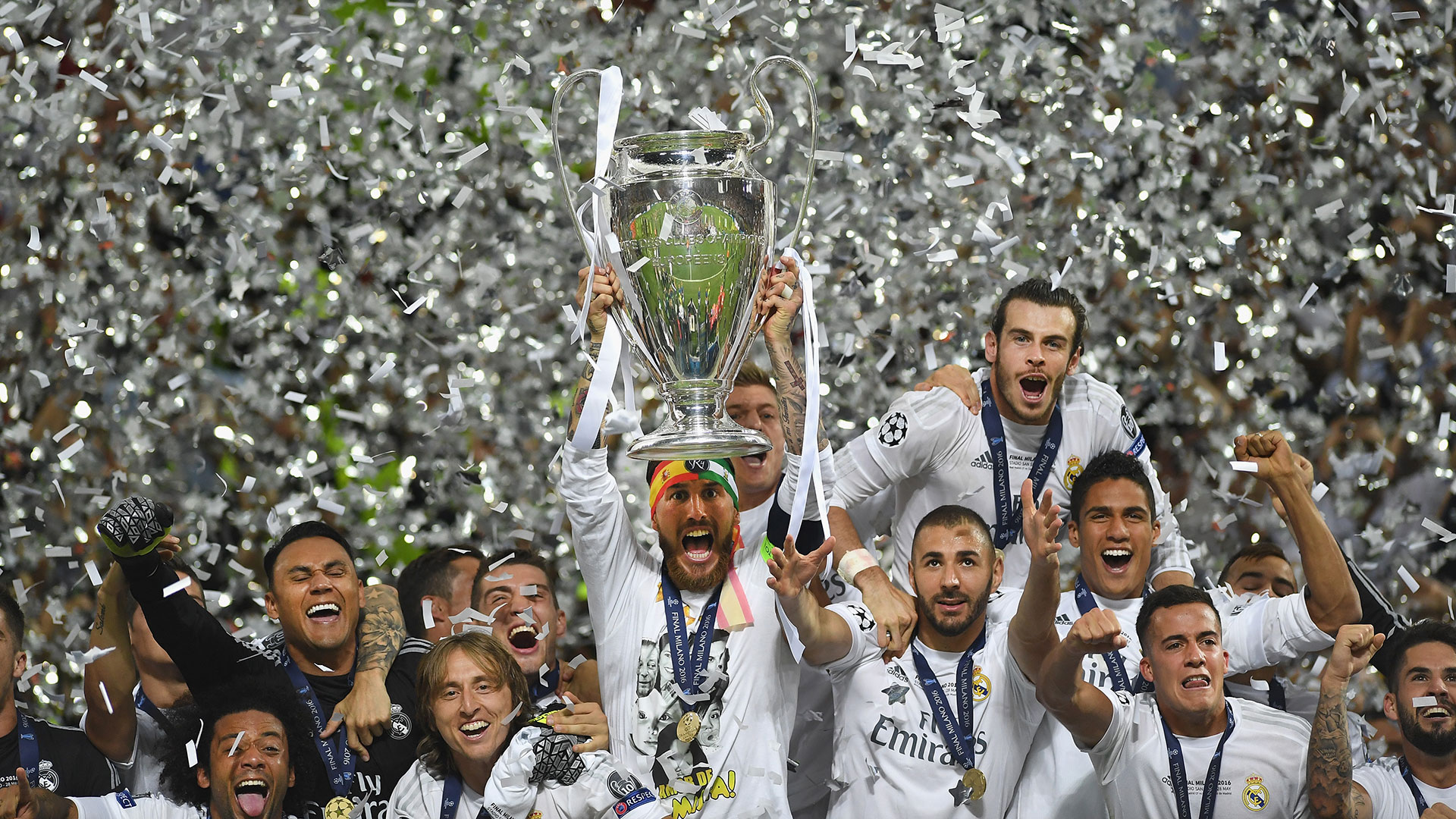
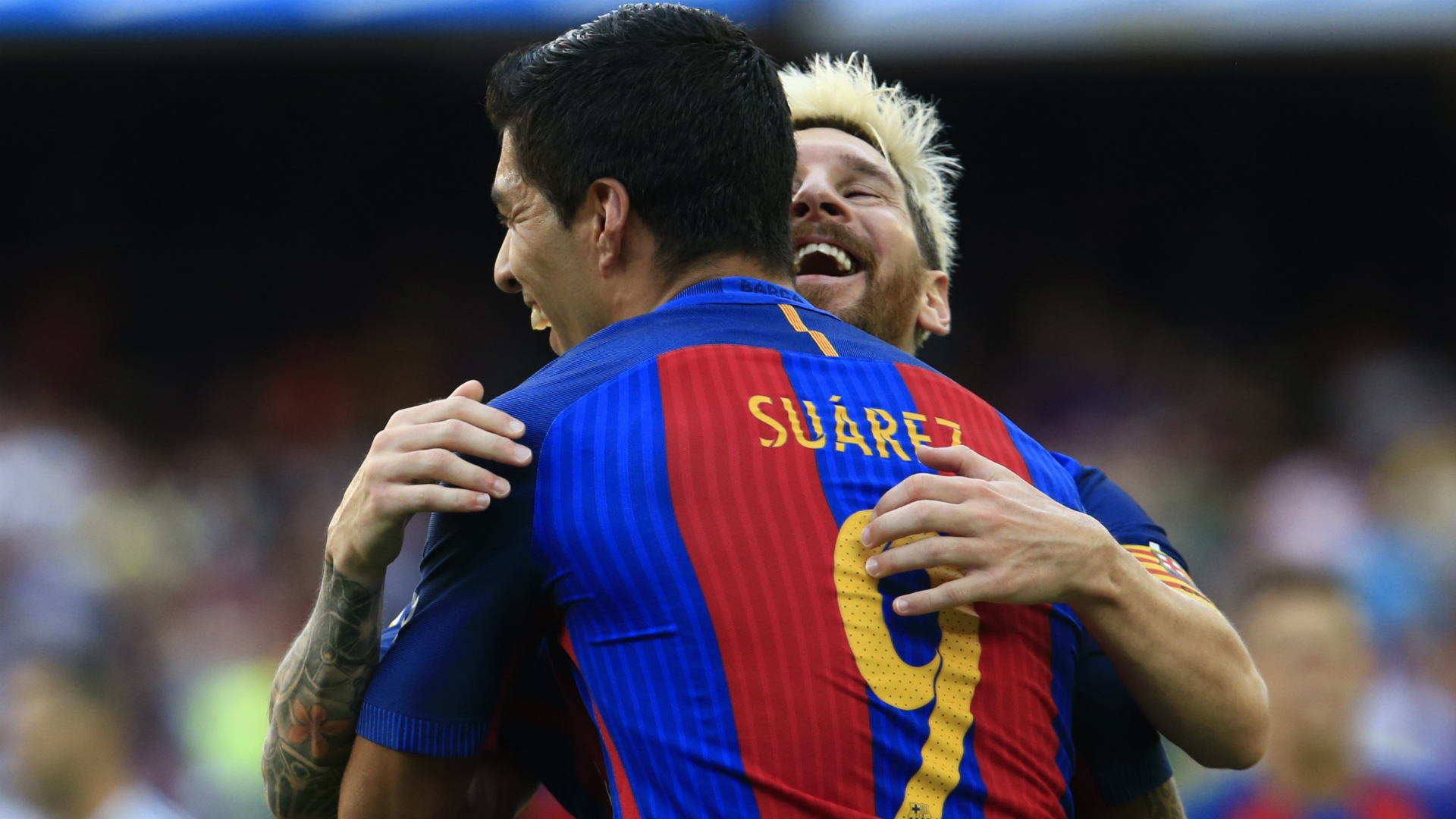
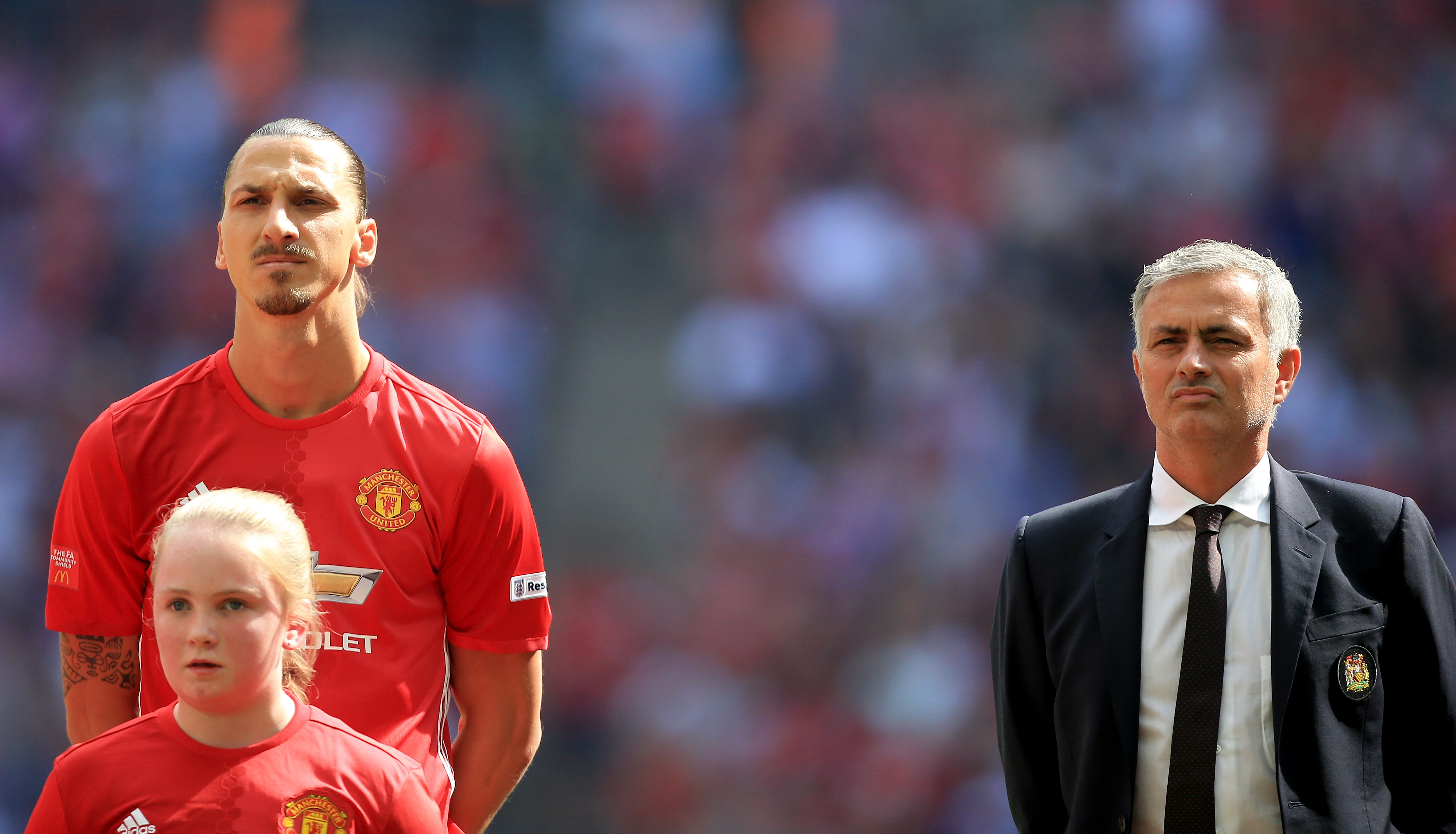
The group stage currently lacks any meaningful action for the most part, while teams qualifying through Michel Platini’s Champions Path are very seldom making any sort of impact. The quality of matches – and the predictability of the outcomes – has turned off television audiences, with the knockout stages in the spring marking the start of the competition proper.
By permitting more clubs from the established leagues to take part, UEFA can ensure more meaningful matches through the group stage, leading to more compelling competition. This will also boost revenues for those clubs demanding a bigger slice of the pie. It cannot be countered that the Champions League lacks a crucial element when teams like Manchester United, Liverpool, Chelsea, AC Milan and Inter are absent - as is the case this season.
Teams from outside the elite bracket will still be given the opportunity to take part with the best among them competing against the heavyweights. If they are good enough they will qualify – just like it’s always been.
The ECA meets again in early September and is due to finalise its Champions League vision before presenting it to UEFA in time for the Extraordinary Congress on September 14-15. There the new UEFA president – a permanent replacement for the disgraced Platini – will be elected. Front runner Aleksander Ceferin of Slovenia declared to the BBC this week that any competition involving European teams outside of UEFA's jurisdiction would mean “war”. That means he is ready to accommodate some of the ECA’s demands.
By December, we will know what kind of Champions League we’ll be watching in 2018. Just be thankful it’s still around.
No comments:
Post a Comment